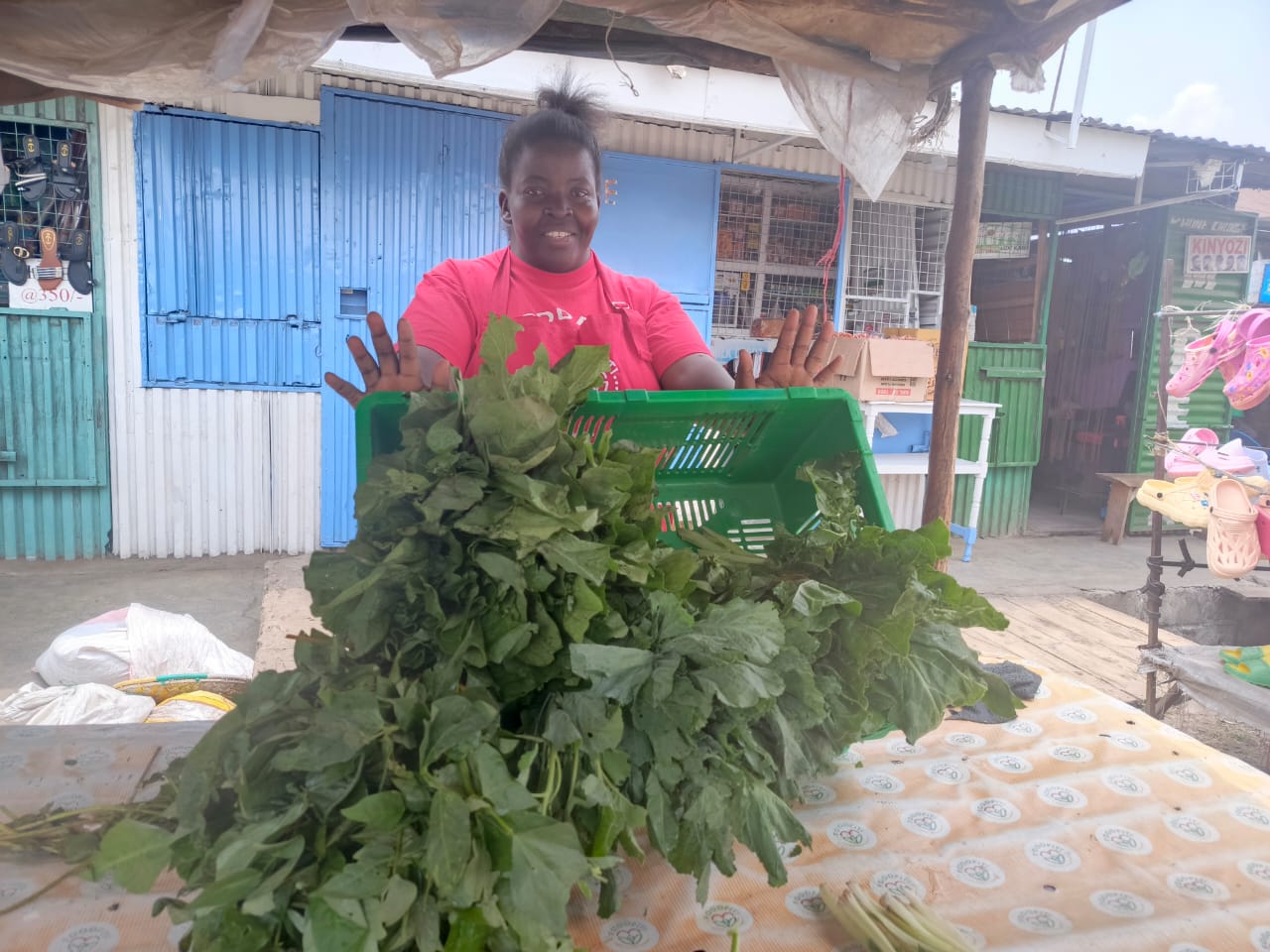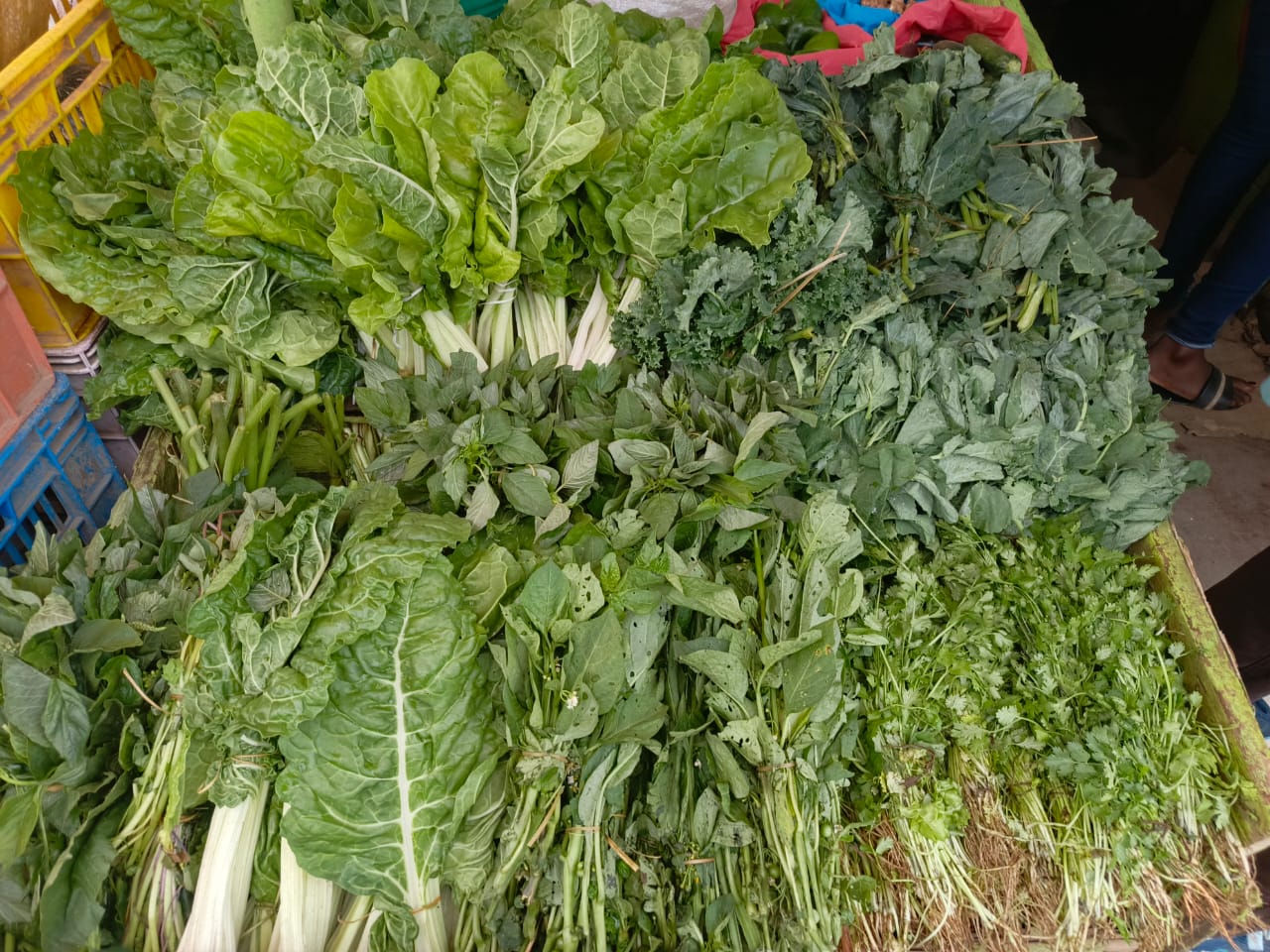
Kenyans have been encouraged to increase their vegetable intake as a key
strategy to combat non-communicable diseases.
The Global Alliance for Improved Nutrition (GAIN) has launched the
"Vegetable for All" or "Food Fiti" campaign to enhance
awareness and improve dietary habits across the nation.
GAIN, a Swiss-based foundation established at the UN in 2002, collaborates
with governments and businesses to deliver more nutritious food to consumers.
Caroline Aura, the project coordinator for GAIN, said the initiative seeks
to raise awareness about vegetable consumption.
“We are promoting vegetable consumption in Nairobi County and across the
country through the Food Fiti campaign,” Aura explained.
“The goal is to encourage Kenyans to increase their vegetable intake to help
reduce the prevalence of non-communicable diseases. A higher consumption of
vegetables can prevent these diseases and improve management for those already
affected.”
According to WHO studies, individuals should consume at least 400 grams of
fruits and vegetables daily. In Kenya, however, the average intake is only
about 130 grams per person.
Aura noted that this falls significantly short of the recommended amount.
The campaign also is also keen on food safety, which is vital for everyone’s
health.
To enhance this, she said, GAIN works with the Ministry of Agriculture to
train farmers on best practices, ensuring they use appropriate fertilizers and
follow proper safety protocols before bringing their produce to market.
“We train vendors—commonly referred to as mama mbogas and baba mbogas—on
high food handling standards,” Aura said. “Our aim is to ensure safe vegetables
for consumers.”
 Agneta Ayera, a vegetable vendor in Makadara, sells a variety of
vegetables, including the traditional, ones, and she learned through training on how the vegetables can fill your body with fibre that also helps in digestion.
Agneta Ayera, a vegetable vendor in Makadara, sells a variety of
vegetables, including the traditional, ones, and she learned through training on how the vegetables can fill your body with fibre that also helps in digestion.
“I’ve learned so much about how
vegetables can enhance nutrition. For example, I used to display my vegetables
on the floor, but now I have a clean surface and a shade for my stall. This
change has attracted more customers,” Ayera said.
Charles Musau, a vendor in Umoja 2 with over 15 years of experience, echoed
the impact of the training.
“I learned the importance of selling clean vegetables and fruits to boost
nutrition. Since the Food Fiti campaign began, my business has grown
significantly. I’ve increased my daily vegetable stock from 500 to 1,500
shillings, and my customers have increased as a result,” he said.
Musau noted the importance of instilling healthy eating habits in his family
as well.
His grocery store offers a variety of traditional vegetables such as saga,
managu, terere, spinach, and sukuma wiki, along with an array of fruits
including watermelons, pineapples, and cucumbers.
The Food Fiti campaign promotes "Food Fiti Zones" (FFZs),
strategically located in low-income urban and peri-urban areas. These zones
serve as last-mile points of purchase, meeting consumer demands for freshness,
safety, variety, and taste.
Aura pointed out the important role vegetables play in health due to their
micronutrients, vitamins, and minerals.
She urged Kenyans to embrace a diverse range of vegetables, noting that the
nutrients found in vegetables are not present in carbohydrates and protein
sources.
“Vegetables contain unique nutrients essential for our health. I urge all
Kenyans to increase their vegetable consumption, from children to adults,” Aura
said.
“Good health leads to happiness and enables everyone to contribute
effectively to society.”
She also called on stakeholders in health, nutrition, and agriculture at both national and county levels to collaborate in promoting better health for all Kenyans.

